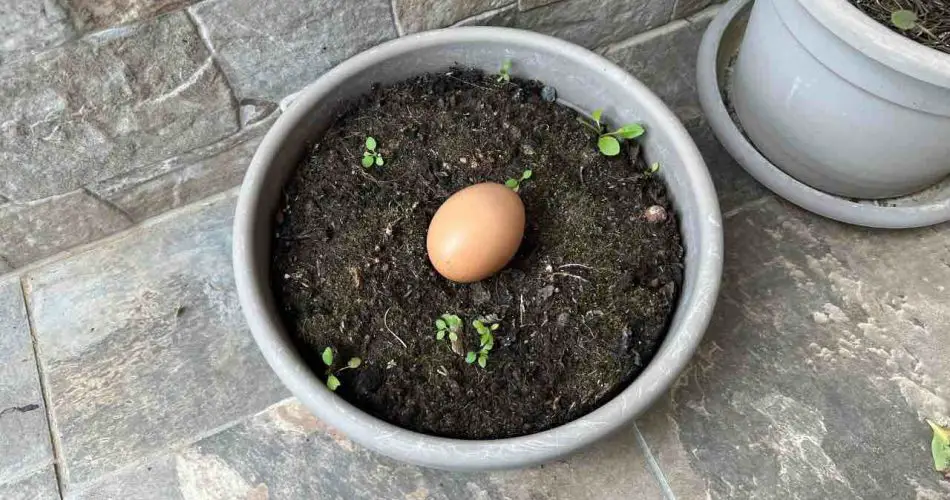Experiment with burying an egg in your soil or garden and observe the astonishing transformation within just 10 days. Here’s what to expect.
Egg as a Natural Fertilizer Many gardeners have started placing eggs directly into their garden beds, and for good reason. Traditional fertilizers can be costly and laden with chemicals. However, a simple raw egg offers a potent, natural alternative.
The Virtues of Using an Egg in Your Garden It’s crucial for maintaining fertile, healthy soil to support your plants, and while chemical fertilizers are common, many household items, including eggs, can enrich your soil naturally. By burying an egg in your garden, you’re tapping into a homemade, effective fertilizer option. Other natural fertilizers include banana peels, ash, fallen leaves, and Epsom salts.
Egg-Enhanced Soil About 10 days after planting an egg in your garden, you’ll notice significant improvements in soil quality. The process is simple: just place a whole raw egg at the bottom of a planting hole or beneath the potting soil in a container. This method works wonders for both newly planted seedlings and established plants, acting as a slow-release fertilizer as it decomposes.
Eggshells as an Alternative Inserting a whole egg might be challenging in areas with existing plants due to the risk of root damage. An alternative is to use crushed eggshells, which are also rich in nutrients like calcium, nitrogen, and phosphoric acid. To prepare, save your eggshells, boil them for five minutes, then let them dry in the sun. Crush them into a fine powder and apply directly to the soil around your plants.
This simple, natural fertilizer is not only effective for flowering plants and vegetables but also beneficial for trees such as apple trees. Try this method to enrich your garden naturally and see the difference for yourself.
